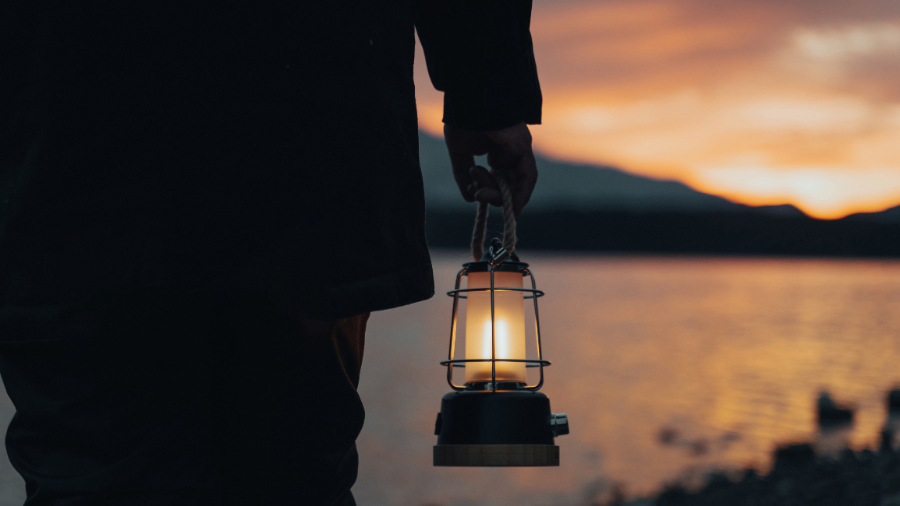
Wake up! Wake up before death wakes you up. In a less dramatic expression, that’s a virtual leitmotif in the Gospels. Jesus always tells us to wake up, stay awake, be vigilant, and be more alert to a deeper reality. What is meant by that? How are we asleep to depth? How are we to wake up and stay awake? How are we asleep? Fr. Rolheiser writes that we all know how difficult it is for us to be inside the present moment, to not be asleep to the real riches inside our own lives. The distractions and worries of daily life tend to so consume us that we habitually take for granted what’s most precious to us, our health, the miracle of our senses, the love and friendships that surround us, and the gift of life itself. We go through our daily lives not only with a lack of reflectiveness and lack of gratitude but with a habitual touch of resentment as well, a chronic, grey depression, Robert Moore calls it. We are very much asleep, both to God and to our own lives. How do we wake up? Having an awareness of our mortality does wake us up, as does a stroke, a heart attack, or cancer, but that heightened awareness is easier to sustain for a short season of our lives than it is for twenty, thirty, forty, or fifty years. Nobody can sustain that kind of awareness all the time. None of us can live seventy or eighty years as if each day was their last day. Or can we? Spiritual wisdom offers a nuanced answer: We can and can’t! On the one hand, the distractions, cares, and pressures of everyday life will invariably have their way with us, and we will, in effect, fall asleep to what’s deeper and more important inside of life. But it’s for this reason that every major spiritual tradition has daily rituals designed precisely to wake us from spiritual sleep, akin an alarm clock waking us from physical sleep. It’s for this reason we need to begin each day with prayer. What happens if we don’t pray on a given morning is not that we incur God’s wrath, but rather that we tend to miss the morning, spending the hours until noon trapped inside a certain dullness of heart. The same can be said about praying before meals. We don’t displease God by not centering ourselves in gratitude before eating, but we miss out on the richness of our actions. Liturgical prayer and the Eucharist have the same intent among their other intentions. They’re meant to regularly call us out of a certain sleep. None of us live each day of our lives as if it were their last day. So we should ensure that we have regular spiritual rituals and spiritual alarm clocks to jolt us back awake—so that it doesn’t take a heart attack, a stroke, cancer, or death to wake us up.
